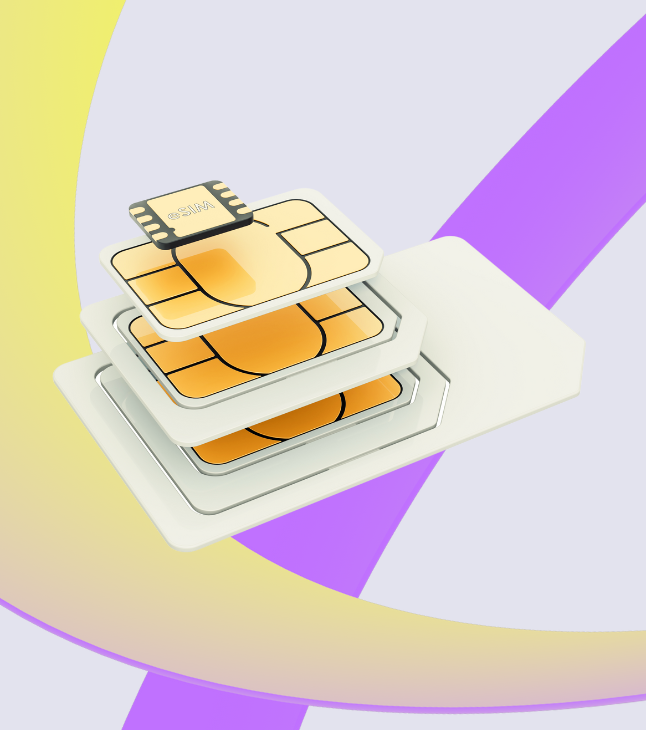Healthcare has consistently been a focal point for technological progress, and the Internet of Things (IoT) is no exception to this trend. IoT’s capacity to monitor, track, notify, and control can provide valuable assistance in a wide range of healthcare scenarios.
IoT technology in healthcare – its role, solutions, and use cases
IoT solutions find their applications across various sectors within the healthcare industry, benefiting patients, physicians, healthcare professionals, and institutions in numerous ways. Let’s explore some of the key objectives and solutions that IoT brings to healthcare:
- Lower expenses
Affordable treatment is a common objective in the advancement of healthcare technology. IoT represents one such effective solution that is not only budget-friendly to implement but also supports flexible pricing models, ultimately leading to a reduction in healthcare costs for medical procedures. - More trust & reliability
IoT contributes significantly to bridging gaps in medical treatments by enabling connectivity and monitoring. As a result, it cultivates greater trust and reliability among both patients and healthcare workers. - Higher medical success
Achieving higher success in medical practices benefits all parties involved. Health monitoring sensors and IoT healthcare wearables enable continuous patient health evaluation and improvement in treatment. - Managing resources
In the healthcare industry, the consequences of lacking essential medical resources are far more critical than in other sectors. IoT plays a pivotal role in ensuring that all vital requirements are consistently met, guaranteeing the provision of the highest level of medical care to patients and securing pharmaceutical supply chains.
Everything you need to know about IoT SIMs
IoT in Healthcare: Top 7 Applications and Examples
- IoT smart beds for hospitals
Monitoring patients’ vital signs and overall well-being is a fundamental responsibility of healthcare institutions. Integrating these features directly into hospital beds can enhance the efficiency of medical facilities. Leveraging a variety of IoT medical devices and network-connected sensors, we can create smart beds that prioritize patient comfort without compromise. - Healthcare wearable devices
Some of the patient’s health metrics can be gathered only through close skin contact for consistent and seamless monitoring. Wearable medical devices equipped with 5G connectivity can measure a range of vital signs, including respiration rate, heart rate, blood pressure, oxygen levels, and even sleep patterns. - Remote patient monitoring with telemedicine
Telemedicine is a groundbreaking concept that empowers doctors to remotely diagnose and monitor patients. Leveraging a suite of healthcare IoT products, physicians can maintain constant awareness of their patient’s well-being, regardless of geographical distance. - IoT medication management
Effective medication management plays a pivotal role in the success of any medical treatment. IoT medication solutions, such as IoT pill dispensers, offer a means to remind patients of their medication schedules. Additionally, they enable caregivers to monitor medication dosages taken by the patient and assess the necessity for refills. - Smart hospitals
5G connectivity serves as a catalyst in the transformation of hospitals into more intelligent healthcare facilities, optimizing the efficient utilization of resources. Hospital administrators can effortlessly monitor the availability of equipment, supplies, beds, and even staff. Spezialized IoT solutions for building and security are making a significant impact in the medical industry and have proven vital in enabling smooth processes throughout hospitals. - Electronic medical records (EMR) / Electronic health records (EHR)
Through IoT, patients’ health data can seamlessly integrate with a digital health record (EMR/EHR), accessible through web and mobile applications. This integration facilitates the effortless exchange of patient information among healthcare professionals, equipping them with essential medical background for more effective and informed treatment decisions. - Equipment and patient-tracking solutions
IoT technology helps quickly find medical tools and facilities, making hospitals work better. It stops medical devices from getting lost and makes hospitals more efficient. It can also keep an eye on patients and healthcare workers in real-time, making sure everyone gets the help they need on time.
IoT’s integration into the healthcare industry is revolutionizing patient care, streamlining operations, and enhancing overall efficiency. With its ability to connect devices, track data, and improve communication, IoT is paving the way for a more interconnected and patient-centric healthcare system. As technology continues to advance, we can anticipate even greater innovations and improvements in healthcare delivery through the continued integration of IoT solutions.
Why Freeeway is the best IoT partner for the smart healthcare industry
The healthcare industry is both important and sensitive. Despite privacy concerns, IoT brings substantial advantages to this field. If you’re interested in exploring how IoT can be compliant and beneficial for your healthcare institution, helping you enhance your cutting-edge healthcare devices, get in touch with us for more information:





